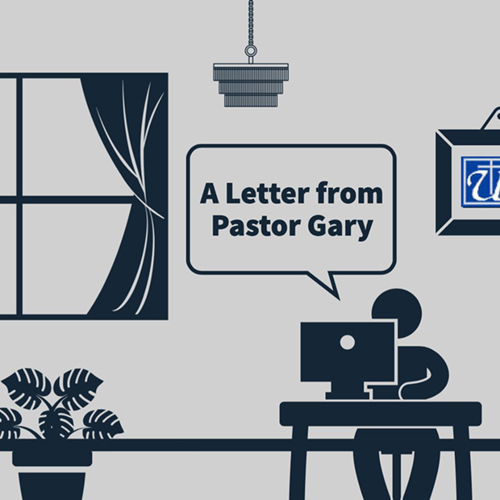 Have you noticed how quickly the stores transitioned from Christmas to Valentine’s Day? Just two days after Christmas I visited both a Walgreens and a Fry’s grocery store for a few needed items and discovered that in both stores Christmas left-overs were shoved into a small corner at 50% off and shelves that seemingly since September were once teeming with Christmas wares were now bursting instead with Valentine’s Day merchandise. Can Easter candy be far away?
Have you noticed how quickly the stores transitioned from Christmas to Valentine’s Day? Just two days after Christmas I visited both a Walgreens and a Fry’s grocery store for a few needed items and discovered that in both stores Christmas left-overs were shoved into a small corner at 50% off and shelves that seemingly since September were once teeming with Christmas wares were now bursting instead with Valentine’s Day merchandise. Can Easter candy be far away?
Most of us by now have packed away our ornaments, boxed or recycled our trees, and rolled up for storage both the lights from indoors and outdoors. The house now seems almost barren. Our Christmas left-overs are some candy and a few cookies. Maybe we still have a few Christmas paper plates to use up rather than store for another year. The month of January that follows Christmas often seems to be like one lonnnggg Monday.
For Christians, the heart of Christmas is not to be left-over and shoved aside like yesterday’s remnants of dinner. The birth of Jesus, God come to earth in human flesh, remains and grows. Perhaps now in our more down time we can take time to think more deeply about this message of Christmas. Perhaps now is the time to be drawn by Epiphany’s star to the infant Jesus. Epiphany, after all, is the time of the church year that the identity of this baby becomes more clearly revealed.
I don’t know if you have noticed, but it seems to me so many Christmas movies and television programs from National Lampoon’s “Christmas Vacation” to the Hallmark Channel’s myriad Christmas stories seem to insist on some contemporary Christmas miracle. Why is this? Why does it appear we need some contemporary “miracle” to confirm what we Christians believe to be the truth of Christmas? The difficulty with what we perceive to be contemporary Christmas miracles is that they last for only one heart-warming moment. We will need another next year, and another the year after and so on. These things provide momentary inspiration and then it is back to our homes now bereft of any sign of Christmas. Hence the need to take some time and think more deeply and not allow the good news of Christmas to speak only during our Christmas Eve worship/
Allow that star to take you to that Christ child this time after Christmas. May you find there one who came to be a constant presence in our world and in our lives. May you see in this one shepherds who gather reminding us no one is ever too lowly for this one. May you see Magi giving gifts revealing to us this one has come for all people, not any select group however pious. May you see a God who has not since that birth forsaken human flesh and continues to dwell there to touch us through others and to touch others through us. May you see a presence of God that remains and has never abandoned us.
The real miracle of Christmas is that God is willing to be both one of us and one with us. If this God was unafraid to come into a barn, this God is unafraid to remain in our undecorated homes. So look around at the plainness of your home following Christmas. Look around and see a place where God remains still. There is nothing left-over about this God or about the message of Christmas. The star may lead you to the Christ child. May this child then lead you back into your post-Christmas world to bring this Christ to those who need this message and this presence. The God who entered the world in a barn does not need décor. This God needs only God’s people.
